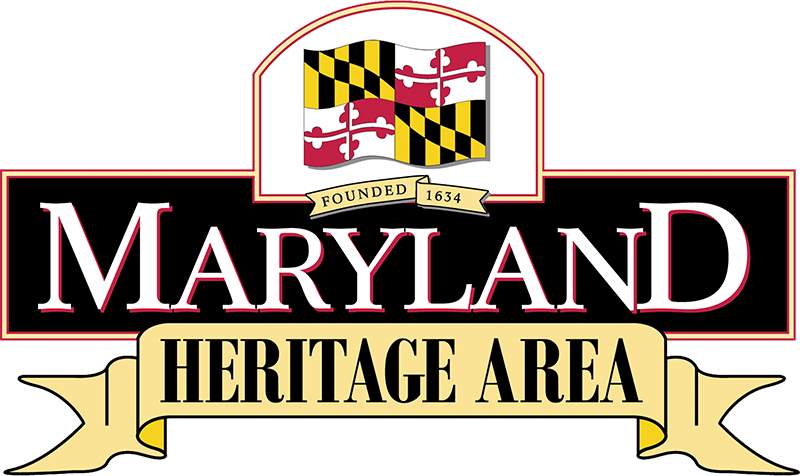During the Battle of Antietam the Confederates prevented a Union corps from crossing Burnside Bridge for three hours, which allowed time for reinforcements to arrive.
The Carroll County Courthouse served as a meeting place for Union sympathizers as tensions ran high during the war.
The fields around this former almshouse served as a staging point during the Battle of Gettysburg.
The Chesapeake & Ohio Canal was an important supply line for the Union, and was often a target of Confederate troops.
The Conococheague Aqueduct was damaged by Union troops during the Antietam Campaign and by the Confederates in the Gettysburg and Monocacy campaigns.
During Corbit’s Charge, Union Captain Charles Corbit led a spirited charge against Confederate Maj. Gen. J.E.B. Stuart’s cavalry division at Westminster,Maryland.
Crampton’s Gap was the scene of one of a series of battles for control of the mountain passes in the Battle of South Mountain during the Maryland Campaign of 1862.
The Confederates attempted to damage Dam Number 4 on the Chesapeake and Ohio Canal in June and December 1861.
The Confederates attempted to damage Dam Number 5 on the Chesapeake and Ohio Canal in June 1861, and three more times between December 1861 and early January 1862.
General Bradley T. Johnson made his headquarters here during his raid on New Windsor in July, 1864.
On November 18, 1863, the day before he would give the Gettysburg Address, Abraham Lincoln spent the night at the home of Gettysburg attorney David Wills.
Doubleday Hill was the site of an early Union battery that was established at Williamsport, Maryland on a hill that overlooked a prominent ford on the Potomac River.
This small church was the central point of a number of Union attacks on the Confederate left flank during the Battle of Antietam.
This small church was the central point of a number of Union attacks on the Confederate left flank during the Battle of Antietam.
Controlled by Union forces, this was an important Potomac River crossing site during several campaigns.
The Ellsworth Cemetery was one of the main burial sites for African-Americans in Carroll County.
Elmwood Cemeteryis the final resting place of over 200 Confederate veterans, including 114 who were killed, or who later died from wounds, at the Battle of Antietam.
The hotel served as a hospital complex after the Battle of Antietam.
Confederate General Stonewall Jackson attended services here on September 7, 1862, during the Confederates’ first foray into Maryland that would end at the Battle of Antietam.
The Fairview Methodist Episcopal Church is an African-American church with several United States Colored Troops veterans buried in its cemetery.



